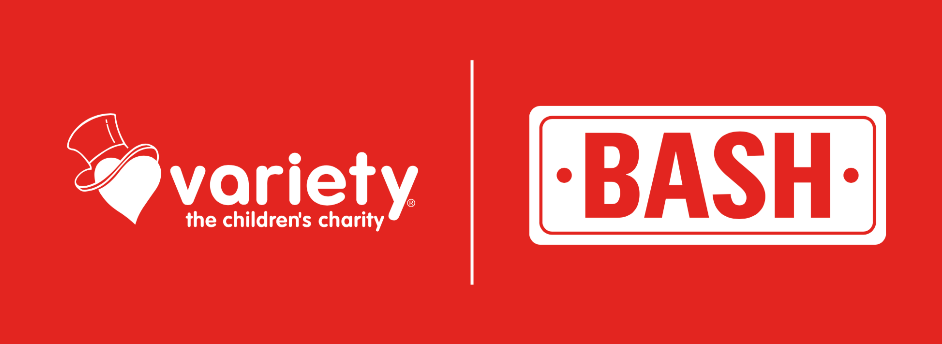There is a common misconception that, when someone dies, their Will can be acted on immediately and the assets of the deceased distributed to beneficiaries. The reality is, in most cases, the Will cannot be “carried out” until the Executor of the Will has received a Grant of Probate from the Supreme Court of Victoria.
Although this is a very important legal process, most people are unsure what a Grant of Probate is and why it is necessary. Let’s start with a definition – Probate is an Order made by the Court authorising the Executor in the Will to manage the Estate of the deceased in accordance with the Will. Essentially, the Court Order confirms the authority of the Executor to look after the Estate and to distribute the assets to those entitled under the Will.
Should I Apply for a Grant of Probate?
Every case is different - your first point of call should be to a lawyer who is well experienced in this area to determine if a Grant of Probate will be required (see below about where Probate may not be necessary).
When a deceased person has left a Will, the majority of cases will require the Grant of Probate to allow the Executor to deal with the assets the deceased has left behind. For example, real estate cannot be transferred to beneficiaries unless the Executor has obtained a Grant of Probate, with the exception of surviving joint proprietors. See the video at this linkthat explains why property held as Joint Proprietors will not require a Grant of Probate.
Further, most banks and other institutions will not allow the Executor to deal with the deceased’s accounts without a Grant of Probate, unless the accounts have a minimal value or they are held jointly with another – usually a spouse or partner.
When is Probate not Required?
If the deceased has left behind a small Estate, then Probate may not be necessary. However, this Executor may still need to contact the relevant institutions and ask that they dispense with the need for a Grant of Probate.
The Executor will not require a Grant of Probate if all the assets of the deceased were in joint names. Those assets such as real estate and bank accounts will automatically pass to the co-owner.
Lastly, if a person dies without a Will, then the next of kin do not apply for a Grant of Probate. The process is different in these circumstances, and they will be applying for a grant of “Letters of Administration”. If this sounds like you, we recommend you contact our Wills & Estates team for guidance on your Application.
Who Applies for the Grant of Probate?
It is the obligation of the Executor to apply for a Grant of Probate, or to engage a Lawyer to apply on their behalf. More than one Executor can apply, if more than one has been appointed in the Will.
What is Required to Make the Application?
A number of documents have to be submitted to the Probate Registry of the Supreme Court of Victoria. There is also a requirement that 14 days’ notice be provided of intention to apply for a Grant of Probate. We recommend you seek legal advice to this effect. There are various fees involved when making this Application.
Summary
In most circumstances, applying for a Grant of Probate will be the first and most important step to carrying out the wishes of the Will maker. It is an important legal process that grants the Executor authority to manage the Estate and distribute the property to Beneficiaries in accordance with the Will.
If you are the Executor of the Will, you have an obligation to commence this process. There are a small number of cases in which Probate may not be necessary. We recommend contacting a member of our Wills & Estates team to ensure you are correctly fulfilling your duties as Executor.




